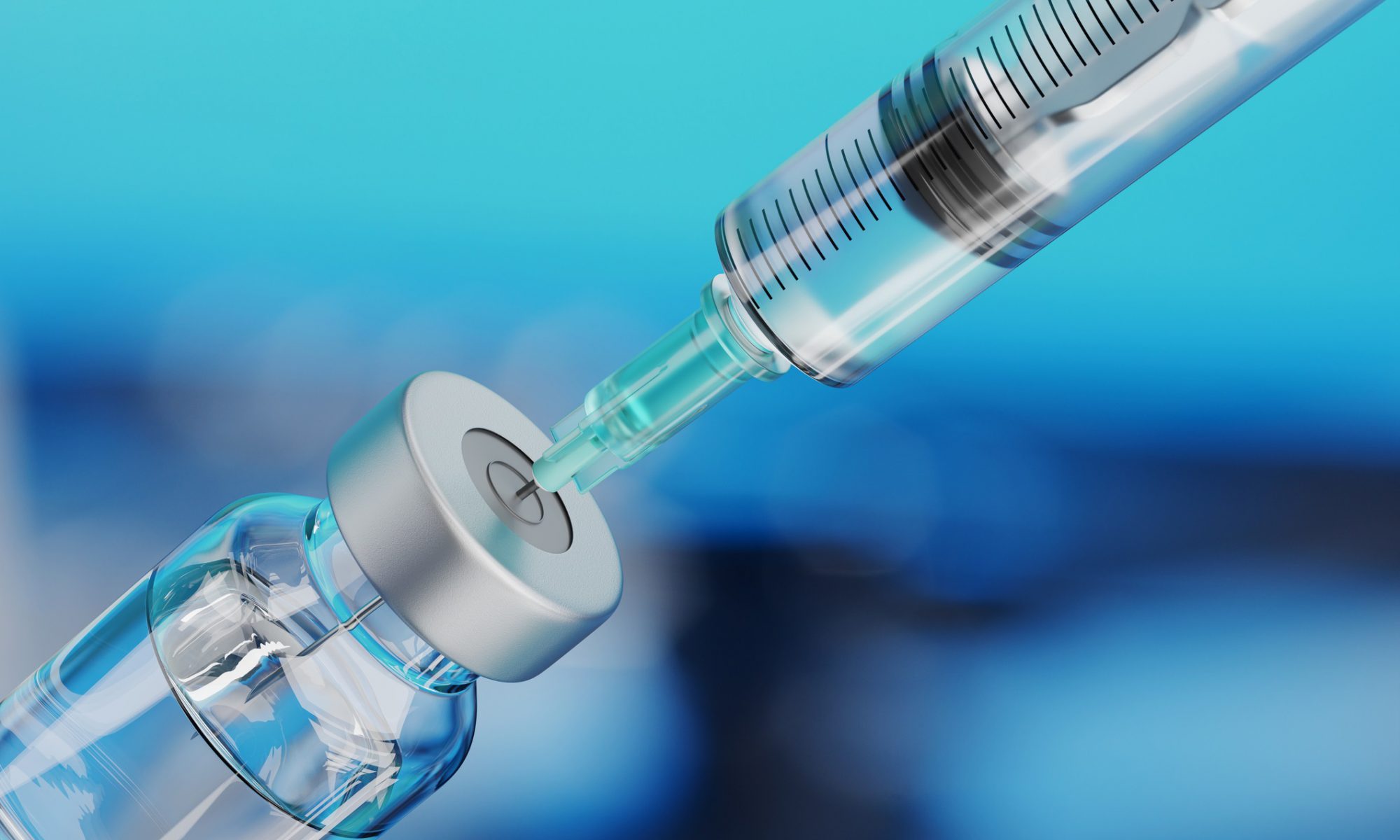Kidney transplant recipients experience immune-insufficiency during acute COVID-19, which may explain the low rates of acute rejection among these patients even with reduced immunosuppression, according to a recently published study.
“Immunosuppressed kidney transplant recipients (KTRs) are largely reported to have poor outcomes compared to non-transplant patients. Since immunosuppression could inhibit the development of protective anti-COVID-19 immunity, most centers have empirically reduced anti-rejection immunosuppression in KTRs with COVID-19 from the onset of the pandemic,” Zeguo Sun, from the department of medicine at the Icahn School of Medicine at Mount Sinai, and colleagues wrote. Read the full story in Healio.





